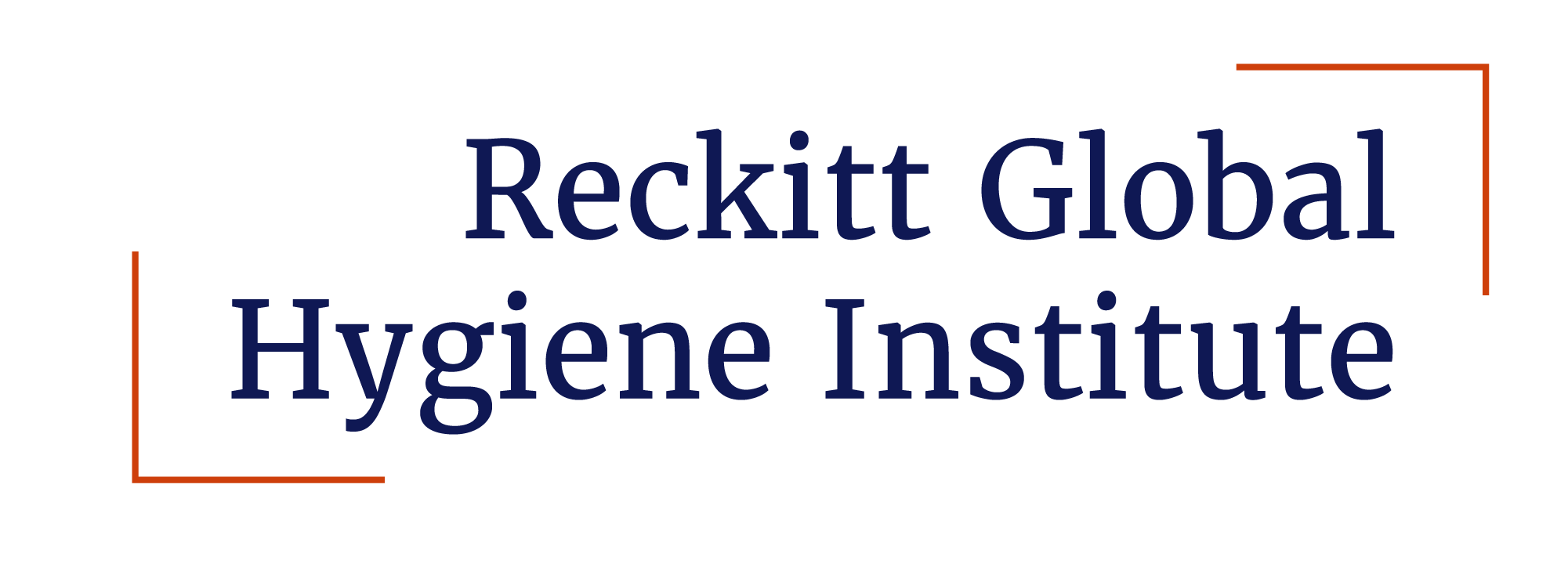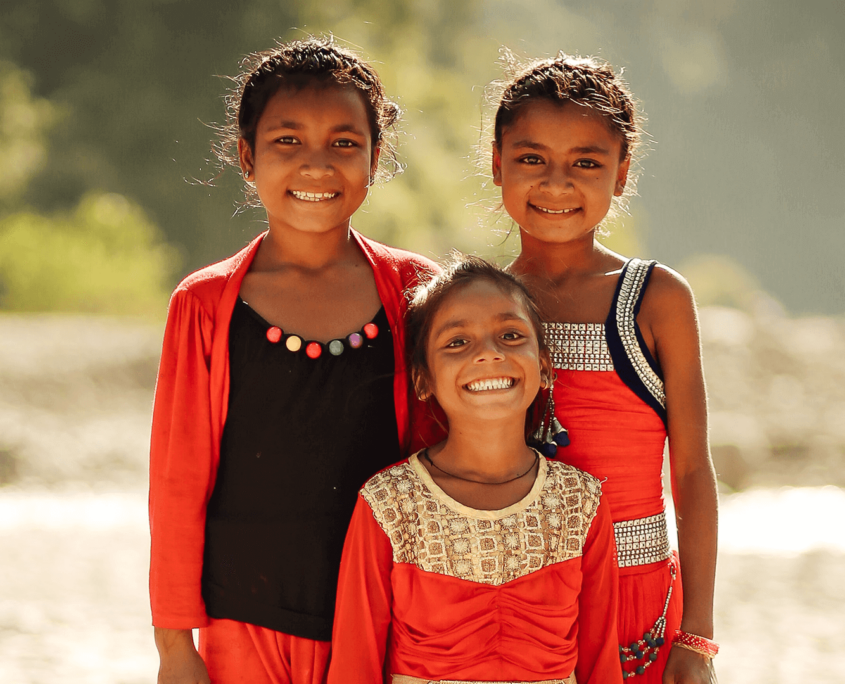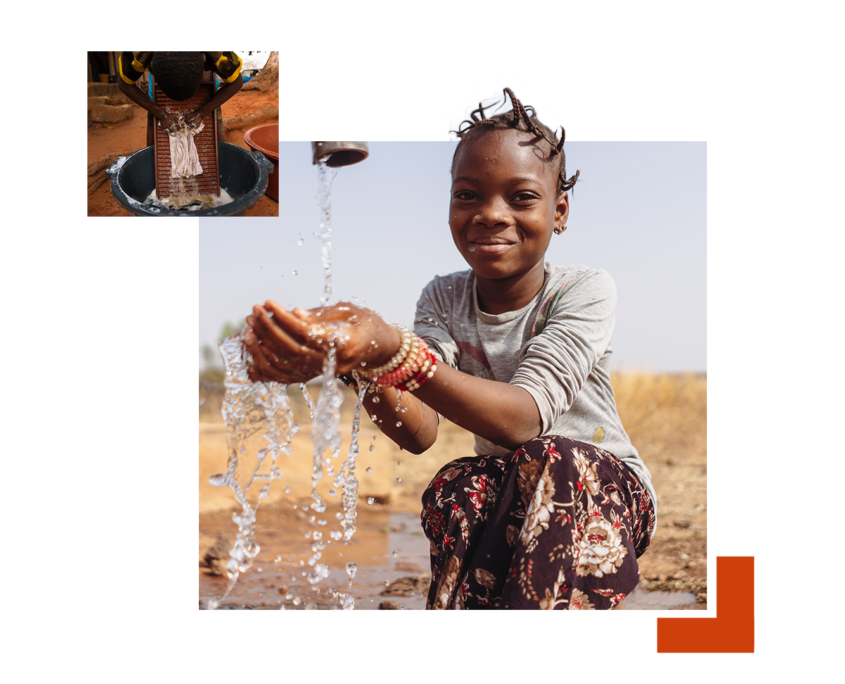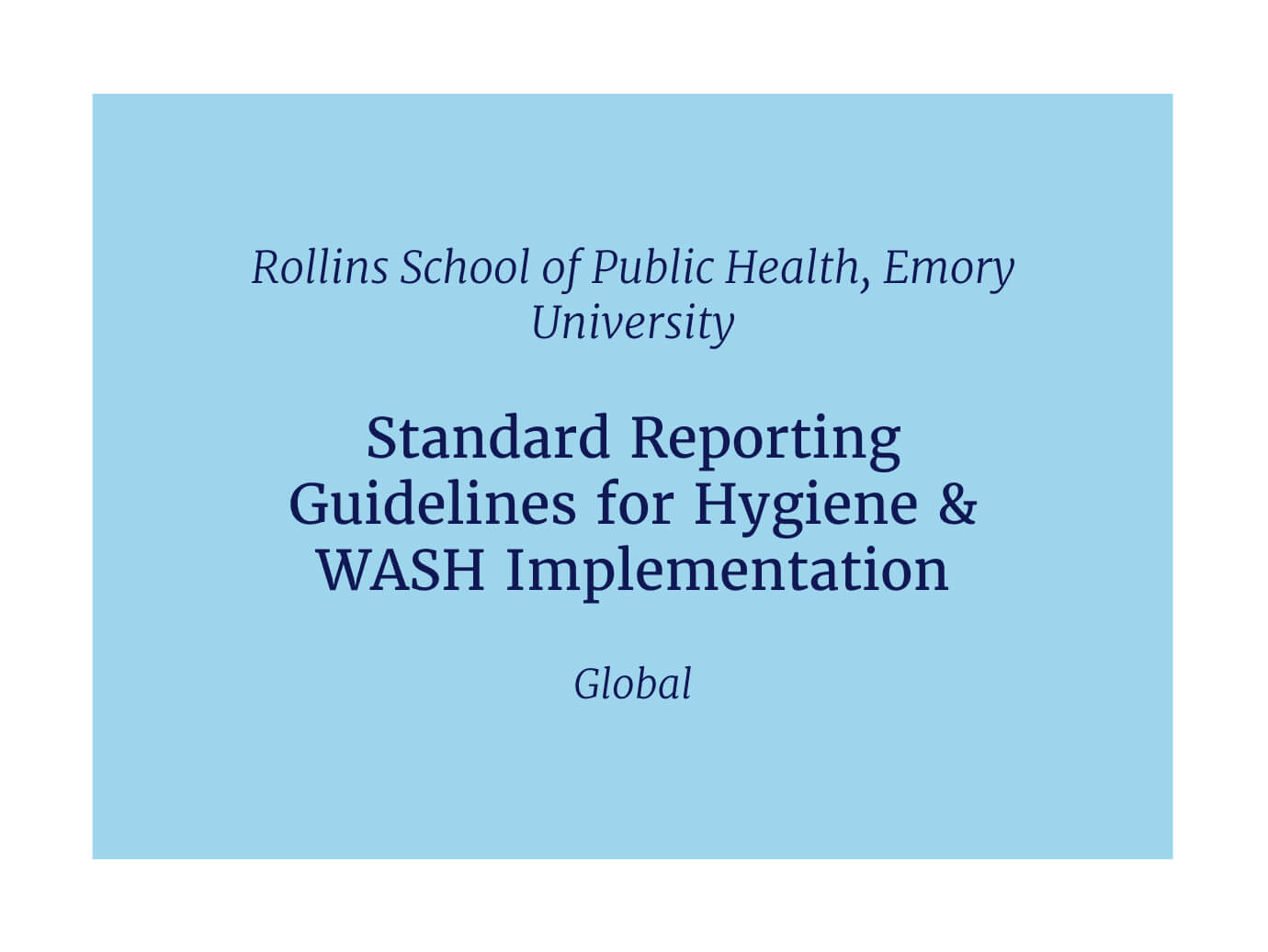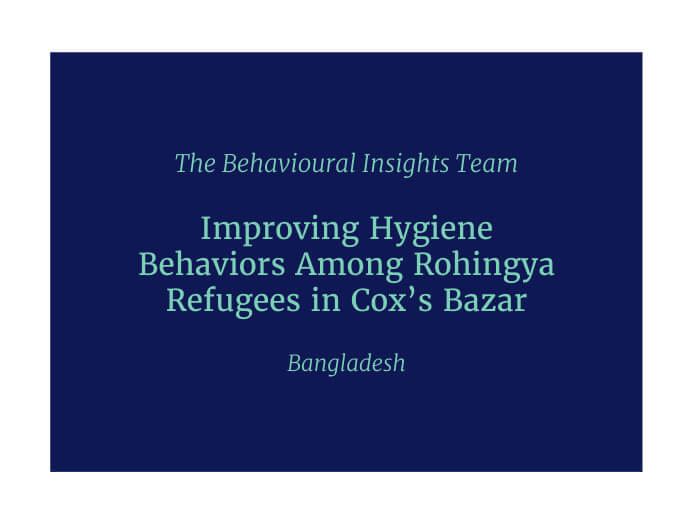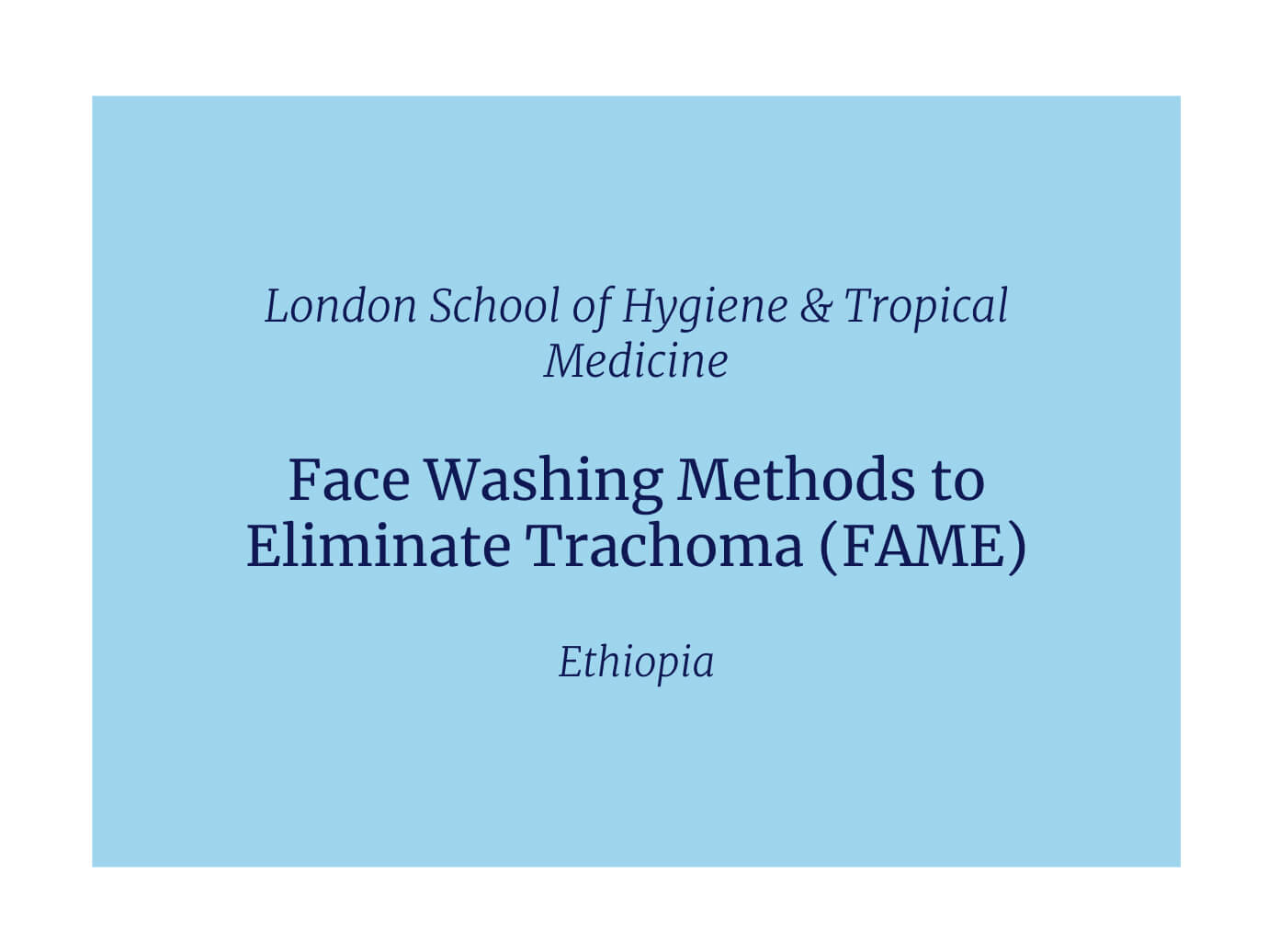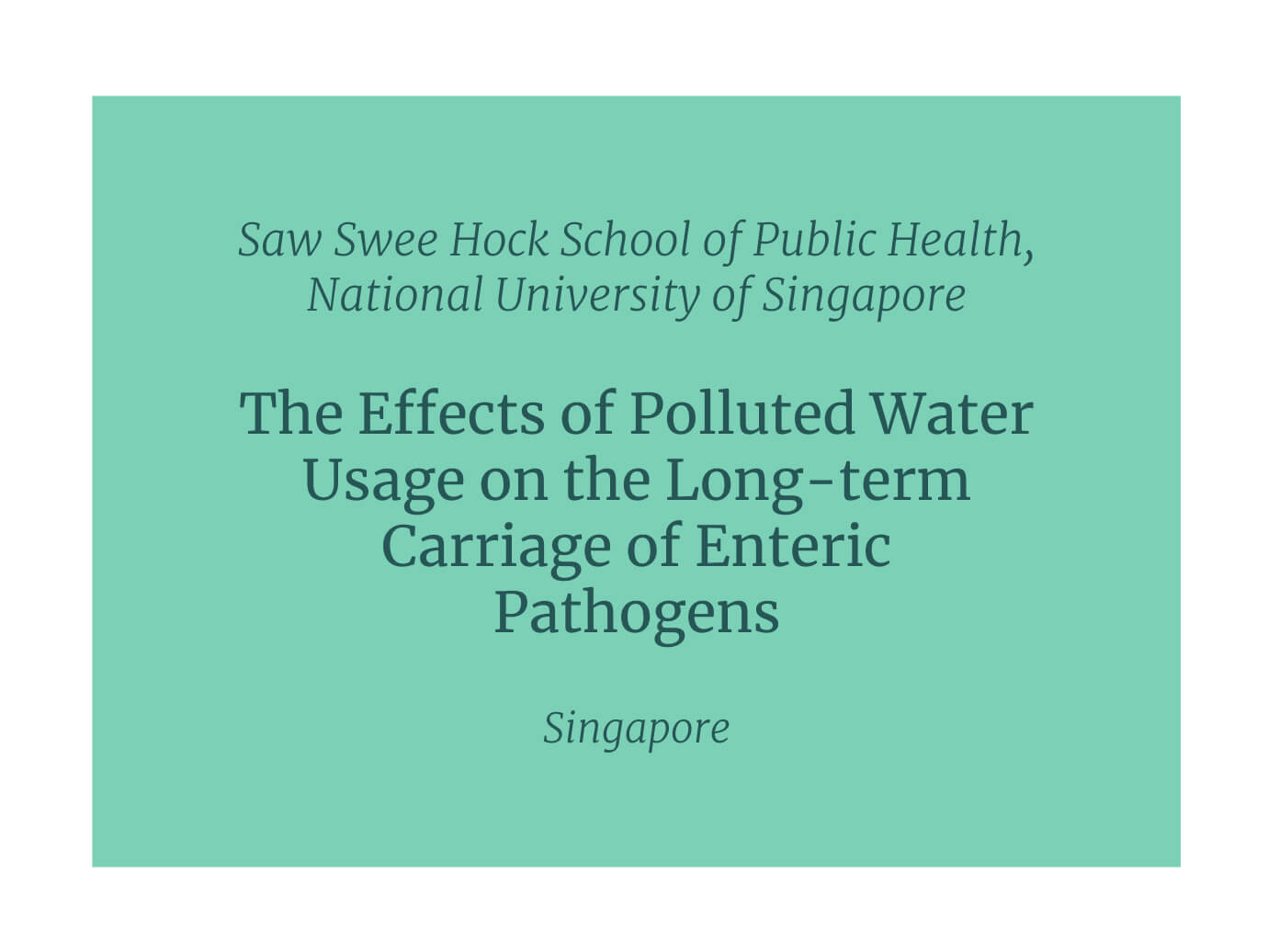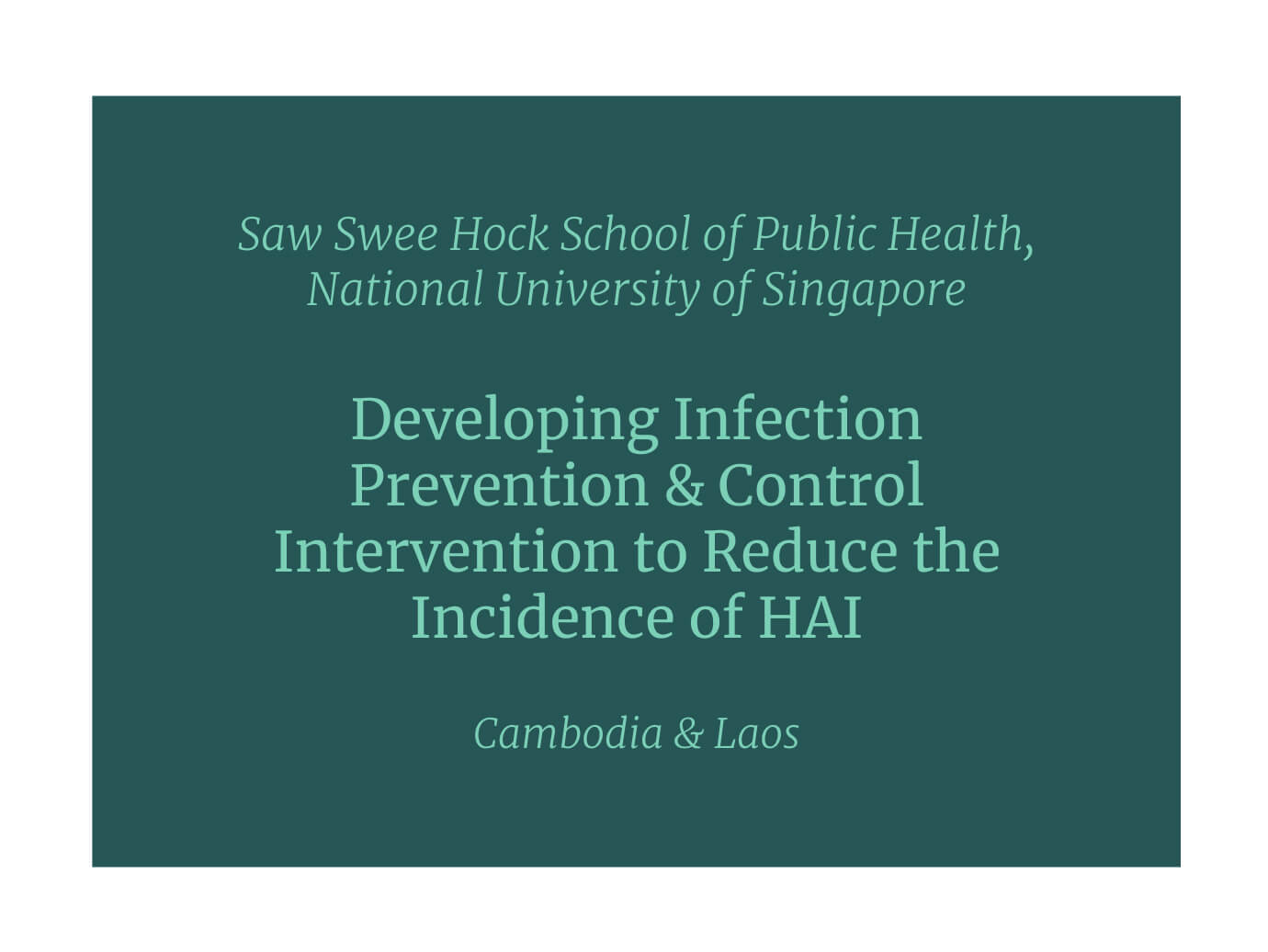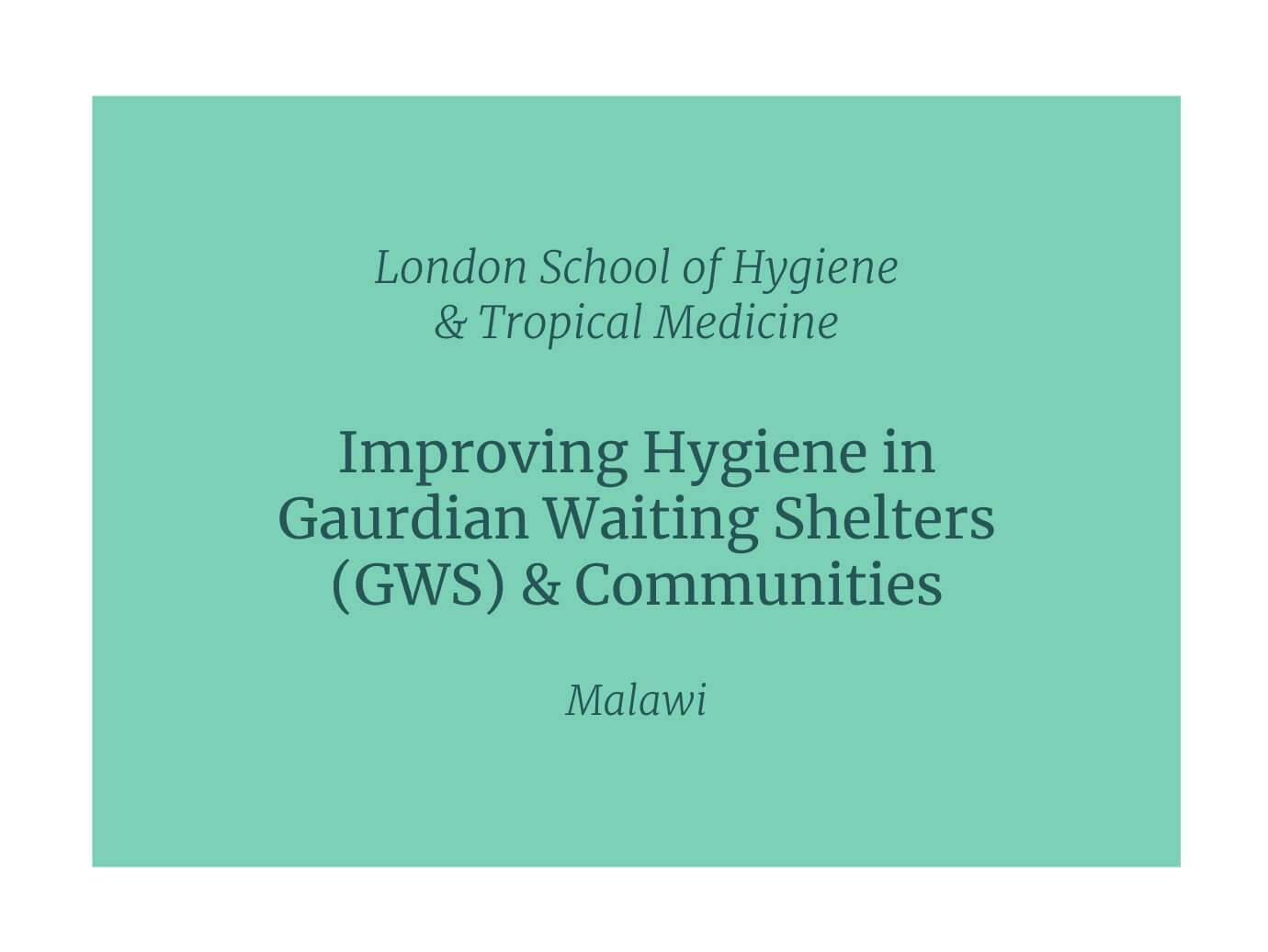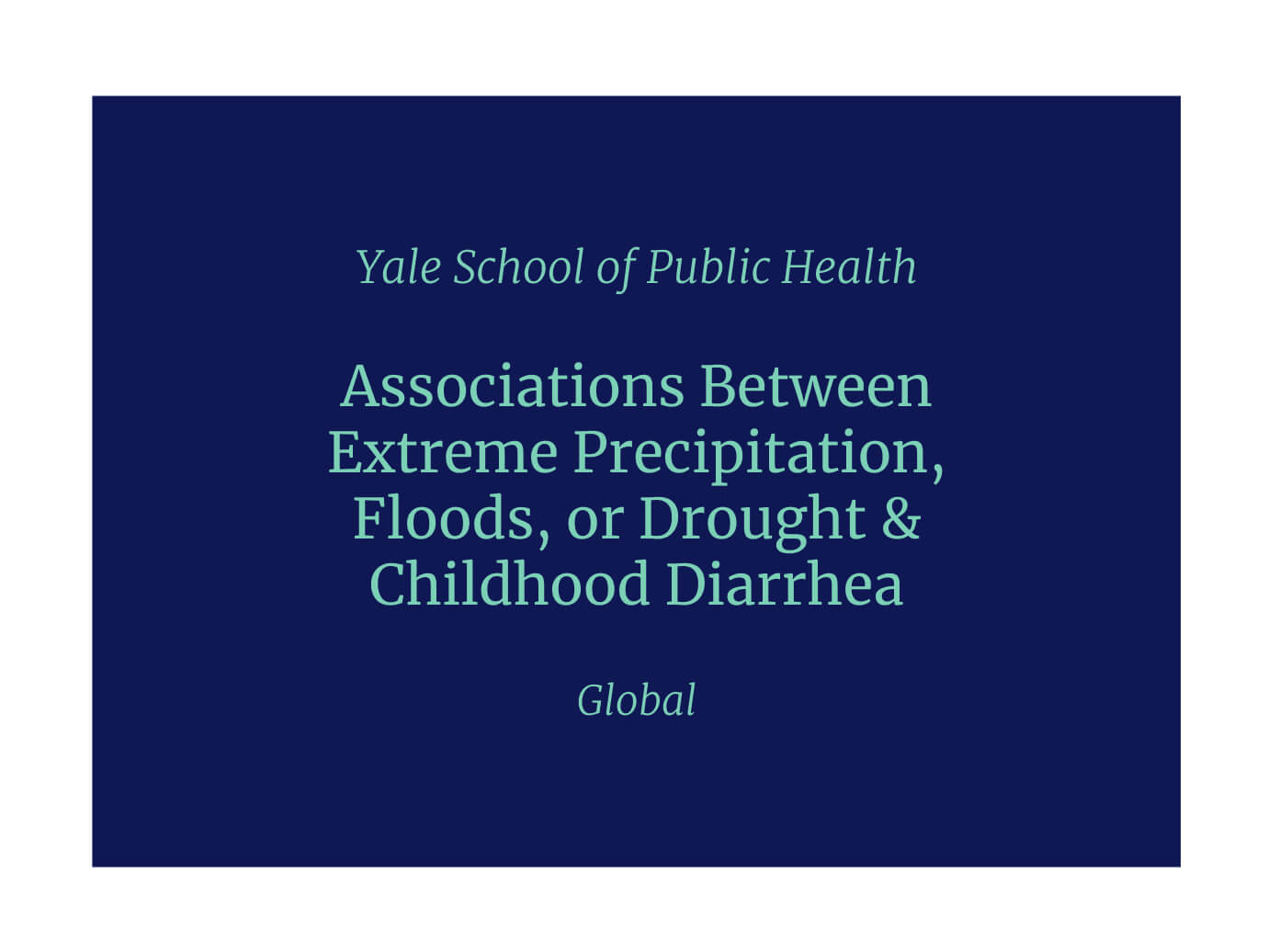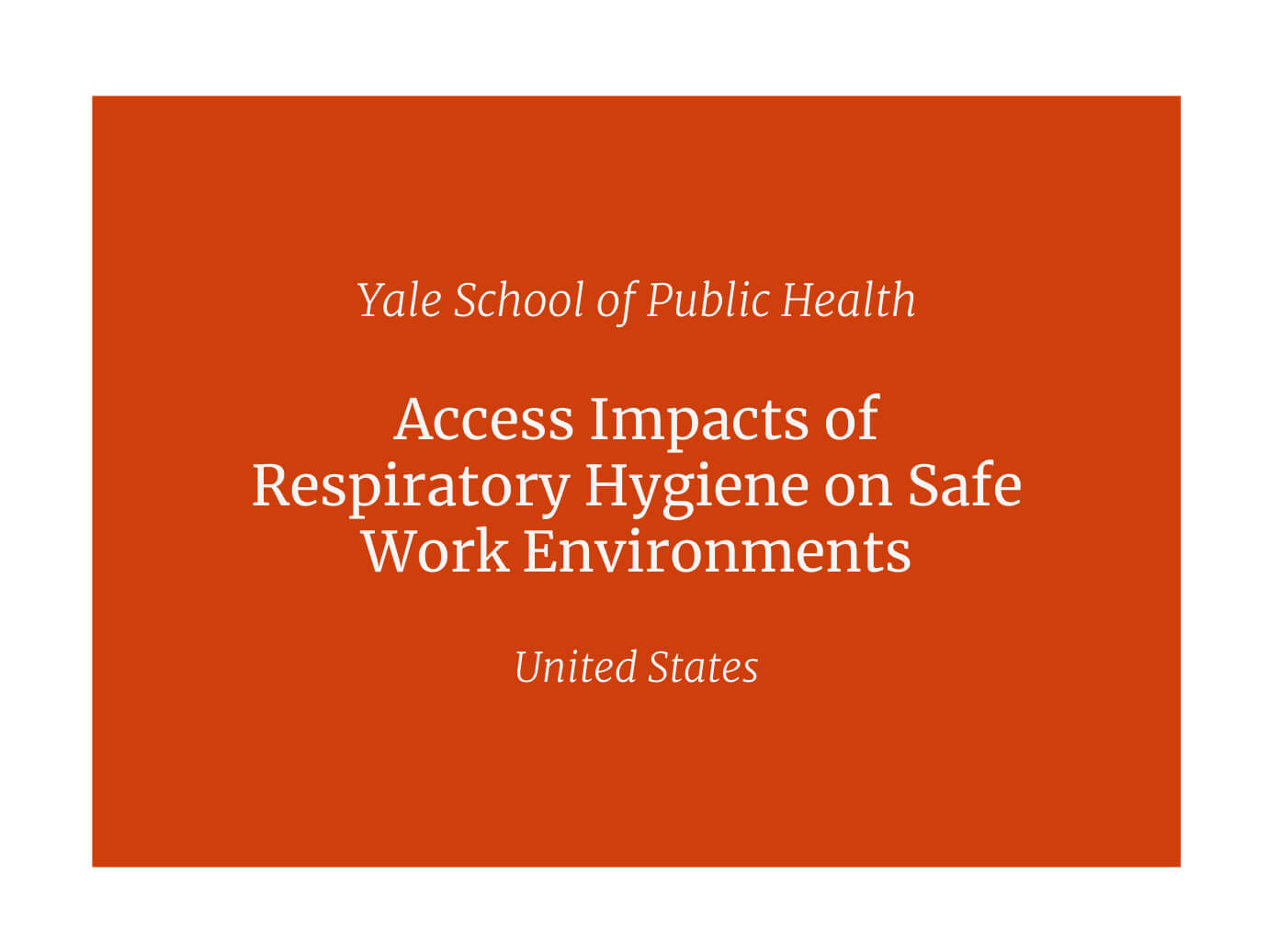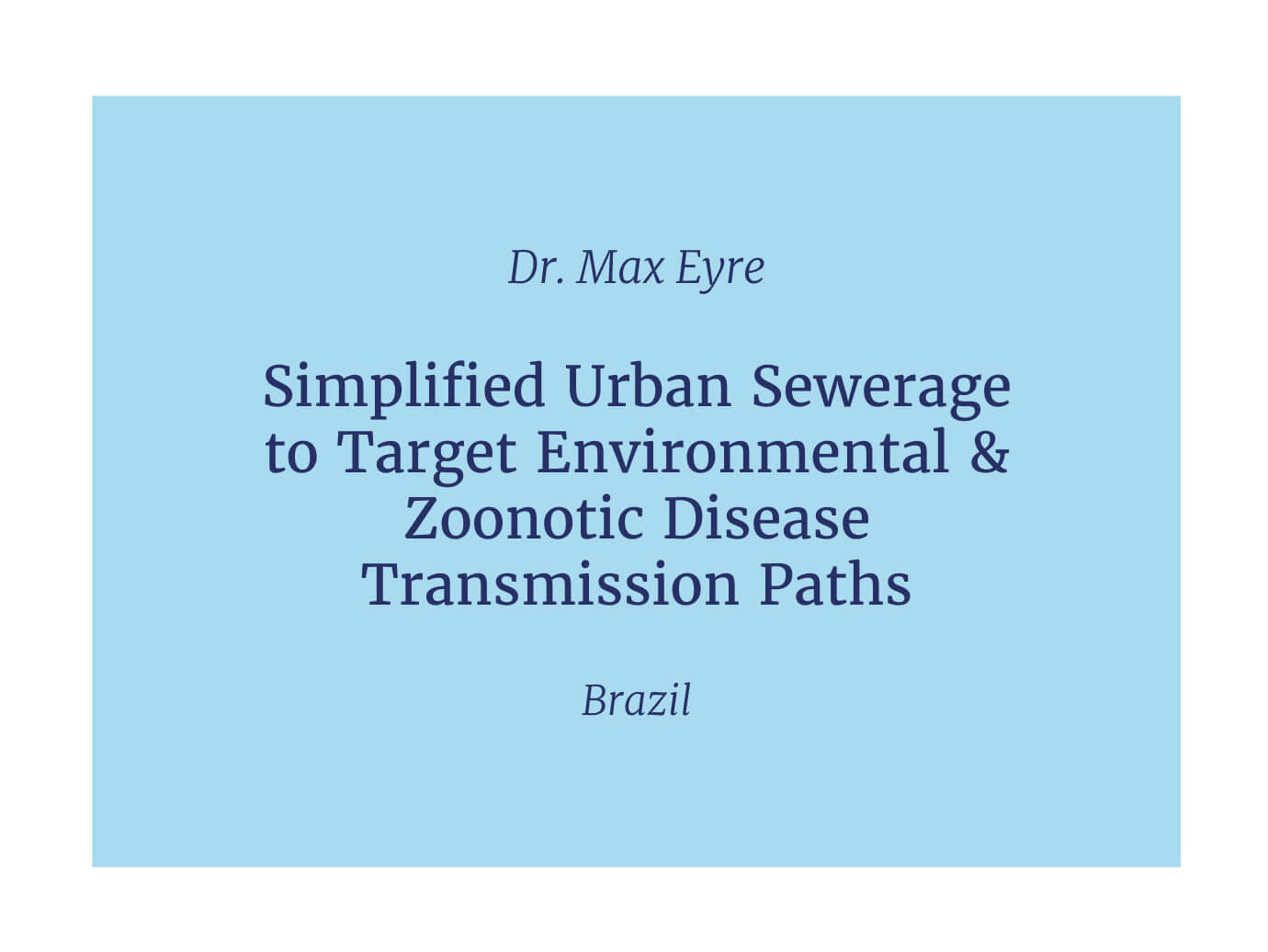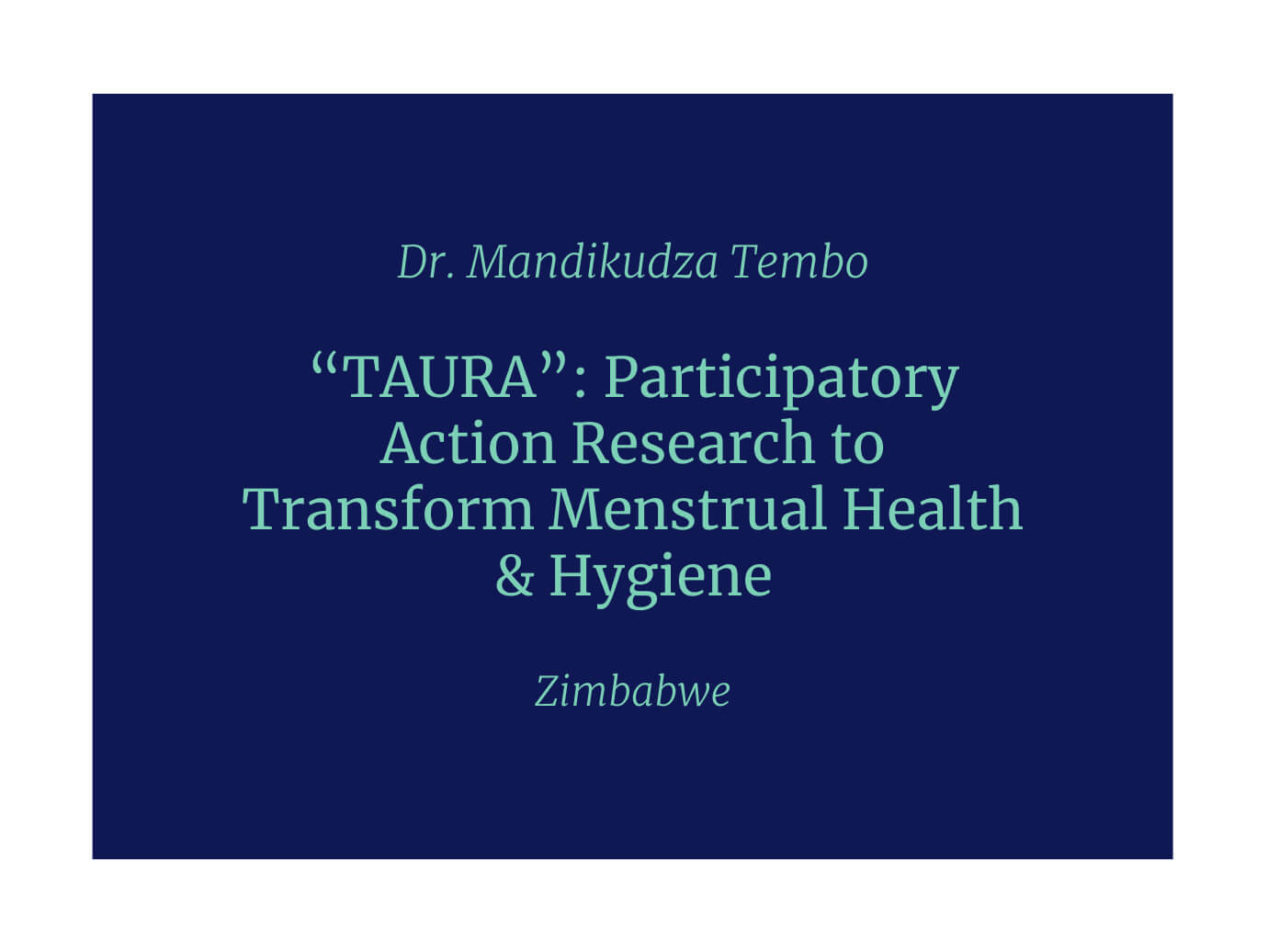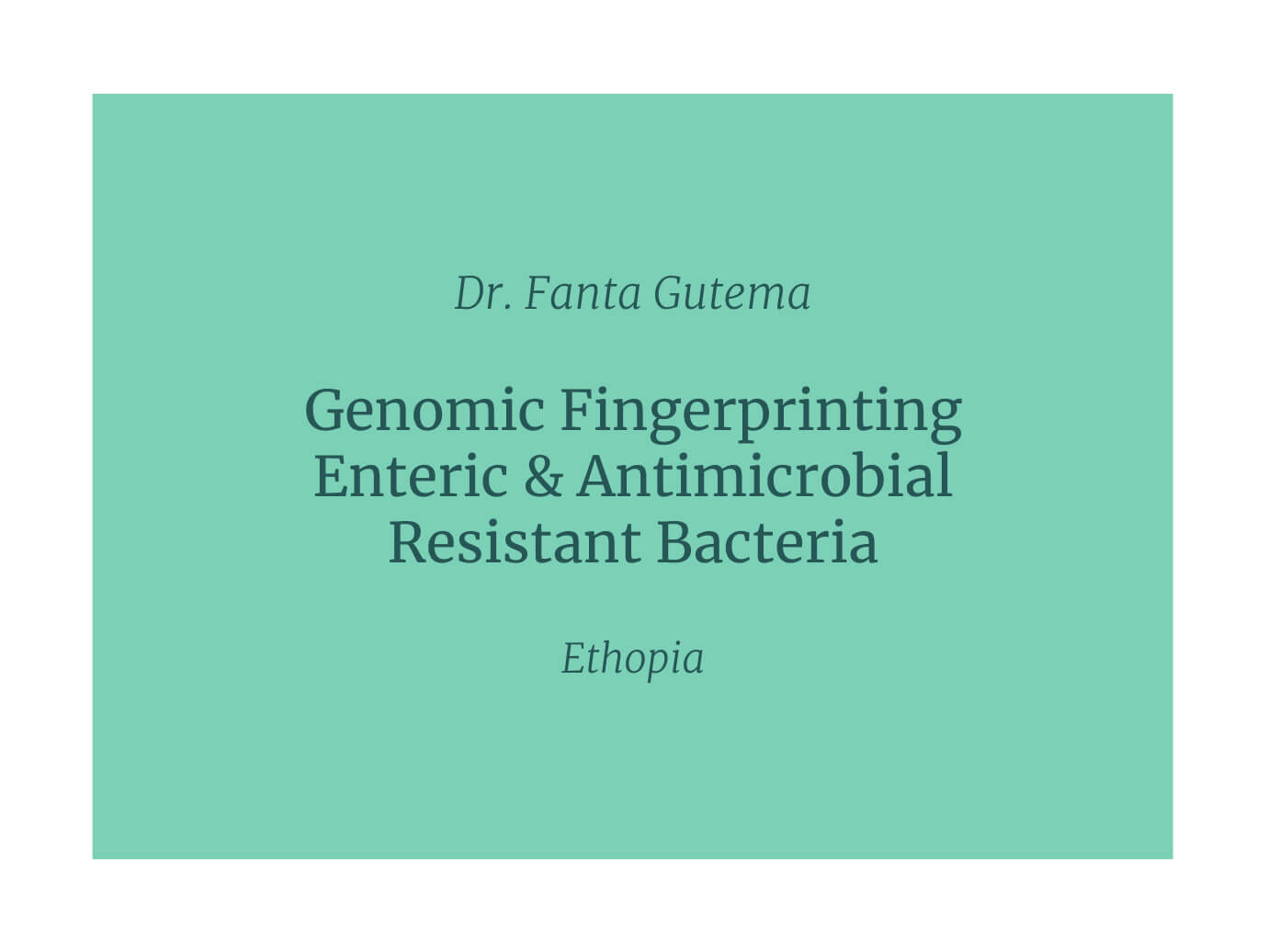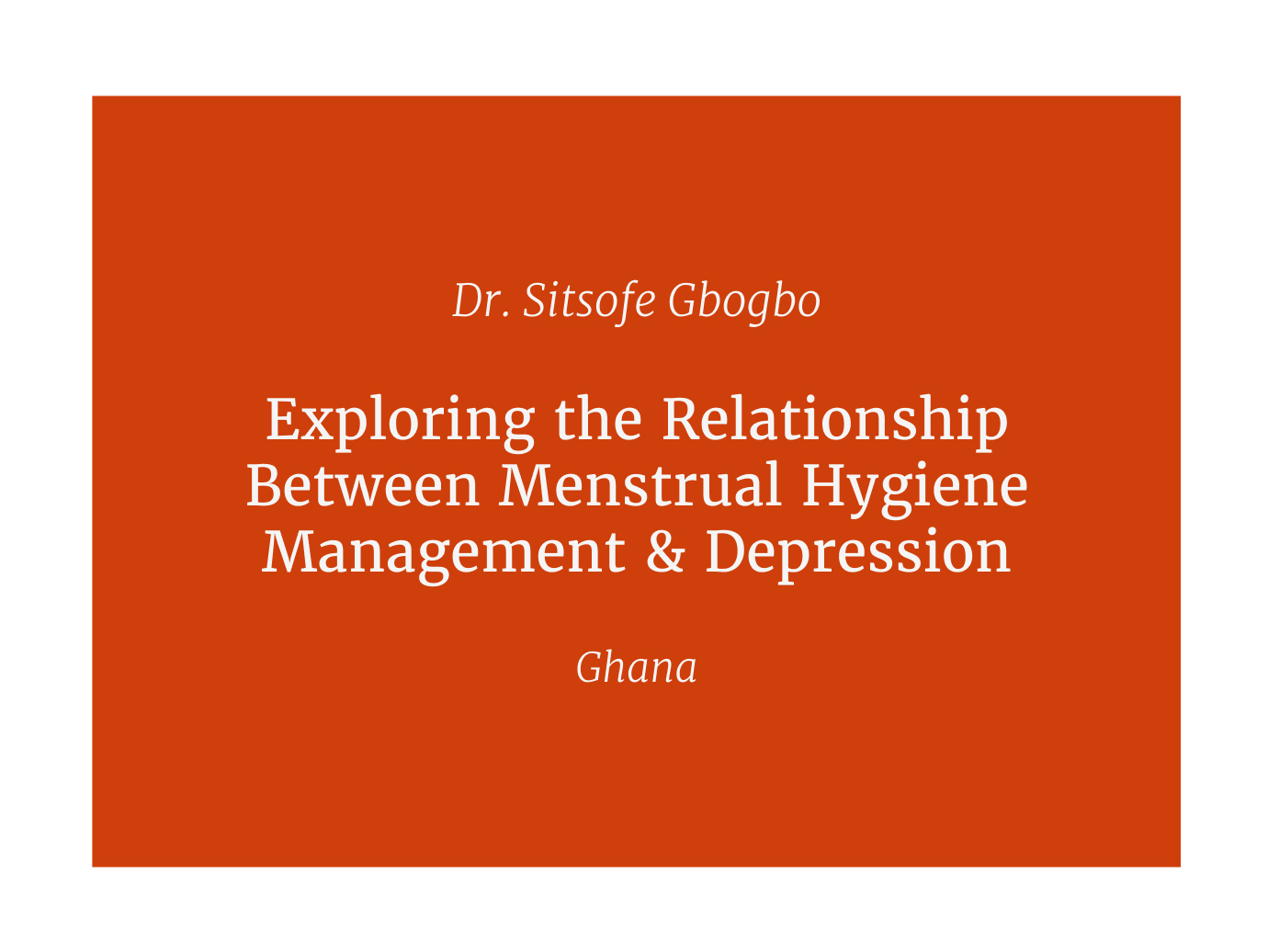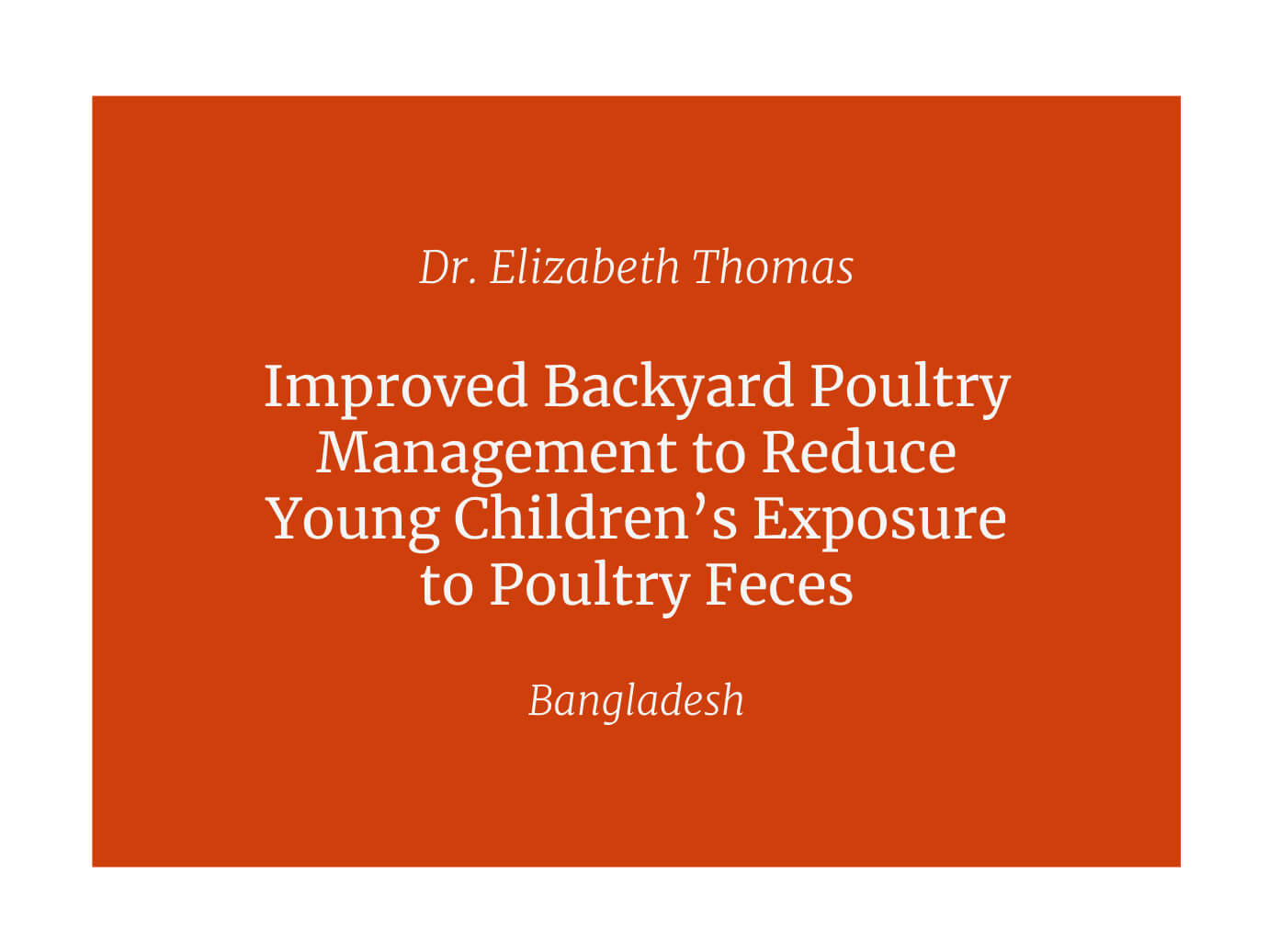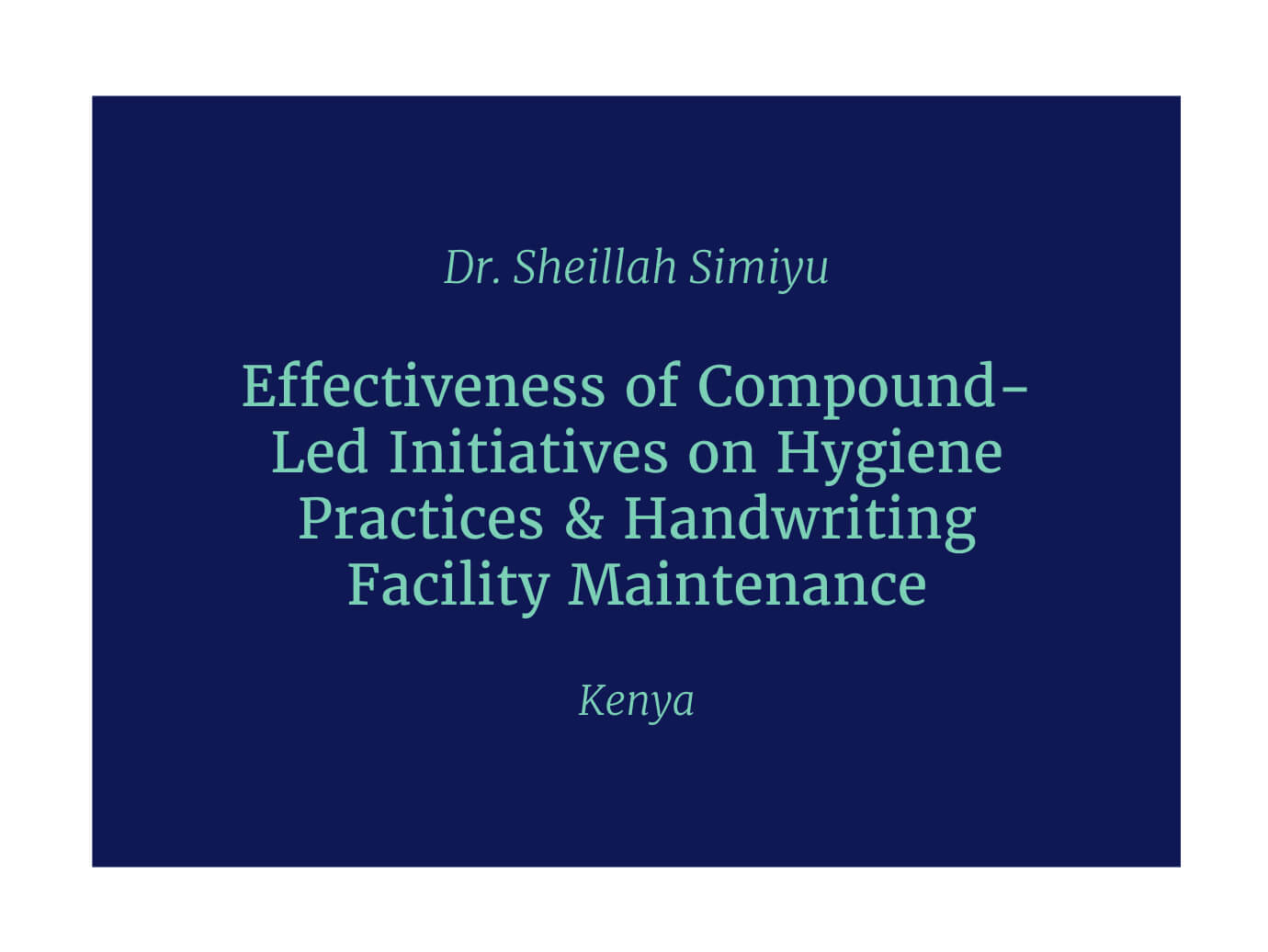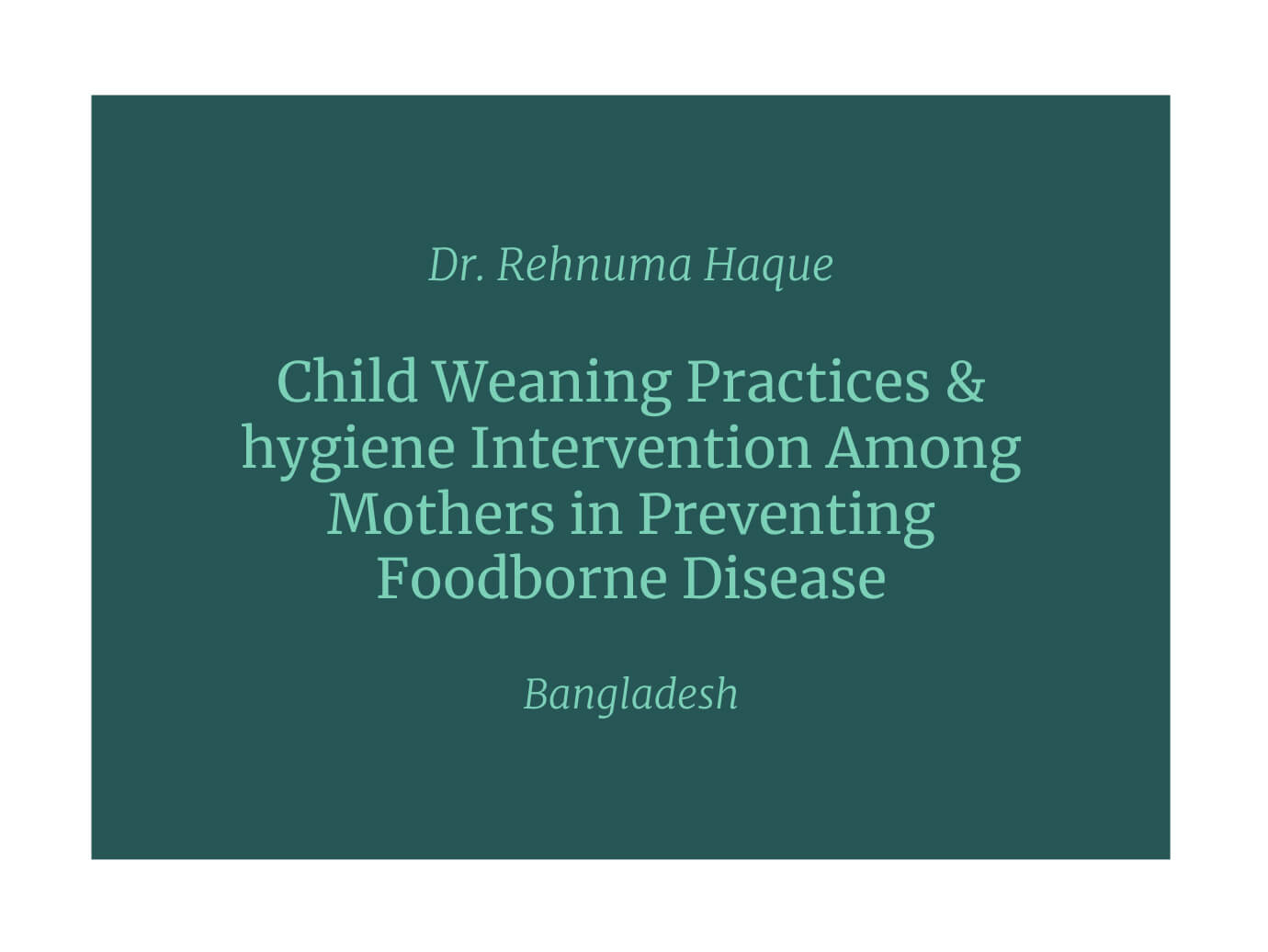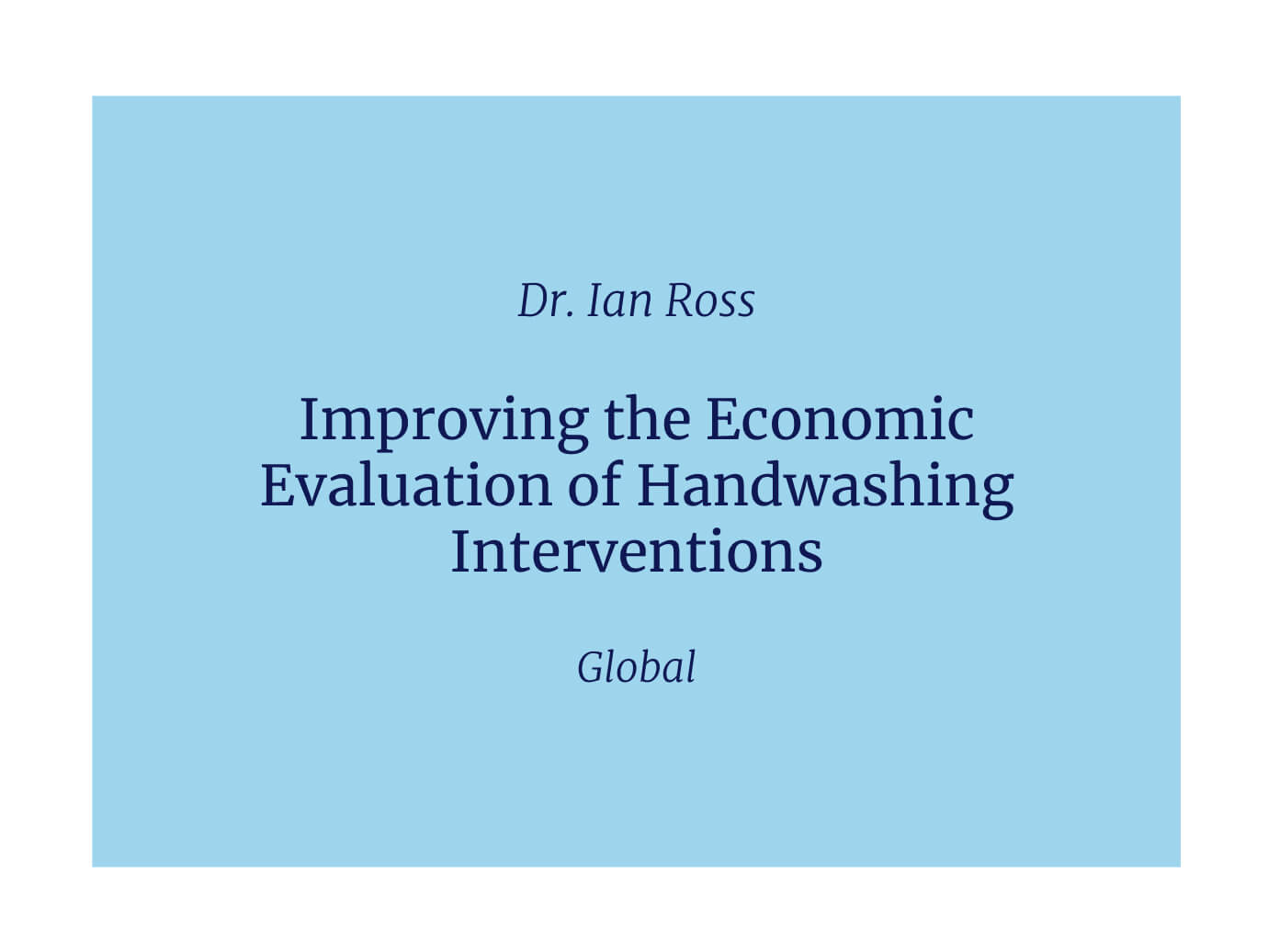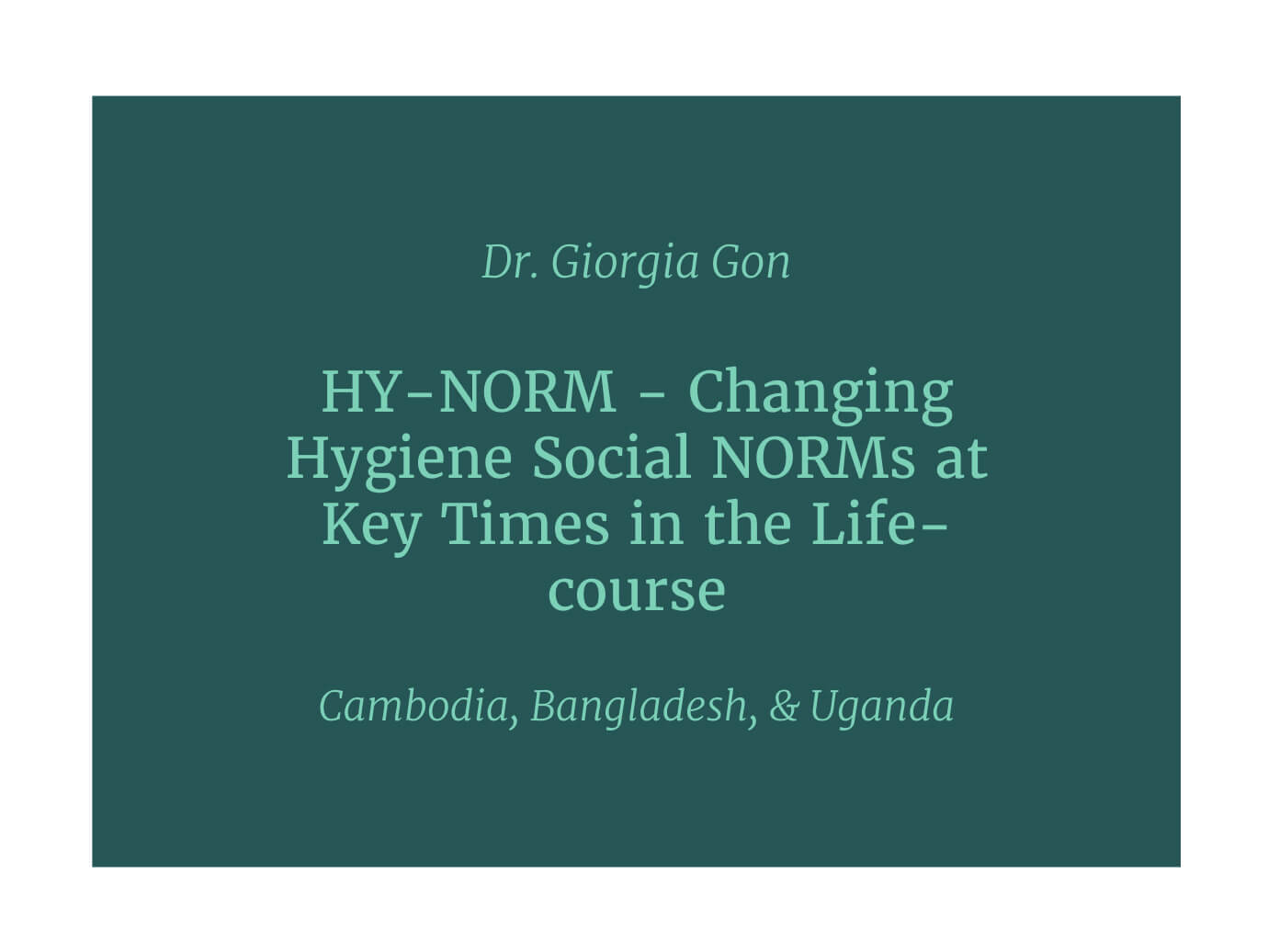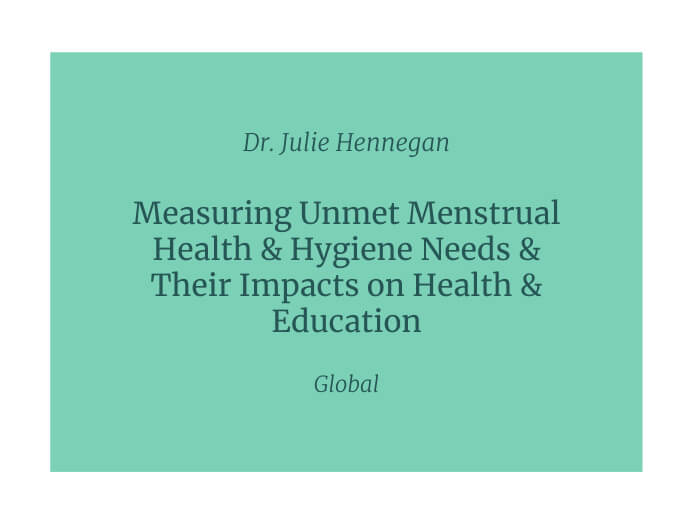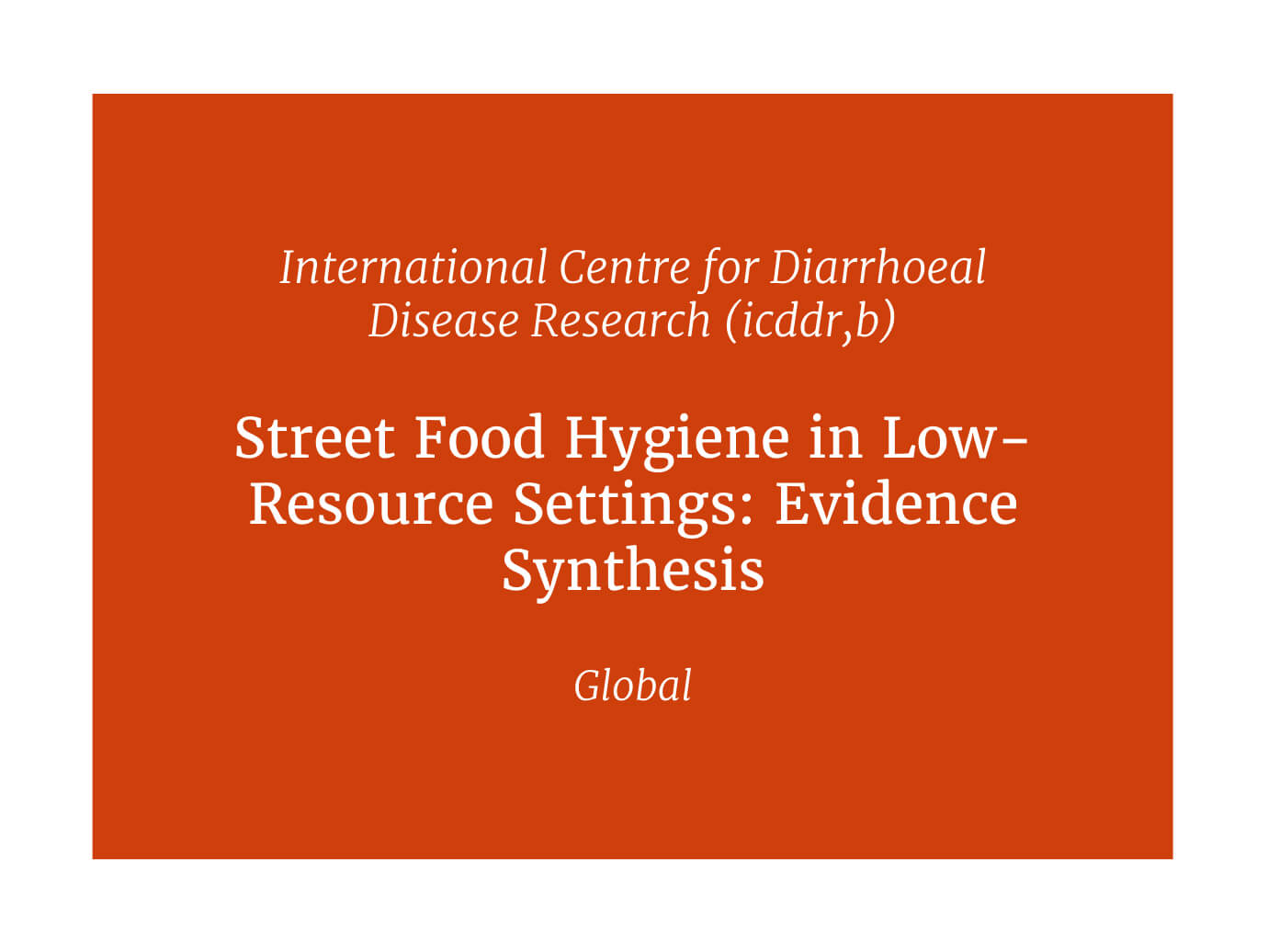
Integrated hygiene science
RGHI is Closing Research Gaps
We are systematically closing historical gaps in evidence through a program of neutral and scalable hygiene research. This research is proving that hygienic behavior changes and long-term habit formation can save lives.
In Grants Contracted
In Grants Committed
Projects Funded
Number of Fellows
Fellowships
The RGHI Fellowship Program supports early and mid-career researchers around the globe in the field of hygiene and health.
Grants
RGHI funds research by educational and charitable institutions to inform public policy and build globally applicable insights.
Advocacy
RGHI brings hygiene and its benefits to the attention of the public and policymakers to drive more coordinated health efforts.
By approaching hygiene holistically
and harnessing the power of science, we will improve the approach to hygiene and save lives.
Preventing Disease Benefits Society
Building up the hygiene evidence base will yield best practices that can improve the quality of life and economic potential for communities across the globe.
The adoption of science-based hygienic practices requires access to the necessary tools, such as soap and water, as well as investment. Neutral and scalable research informs policymakers and can establish grounds for the investment required to make a substantial positive impact to improve hygiene.
